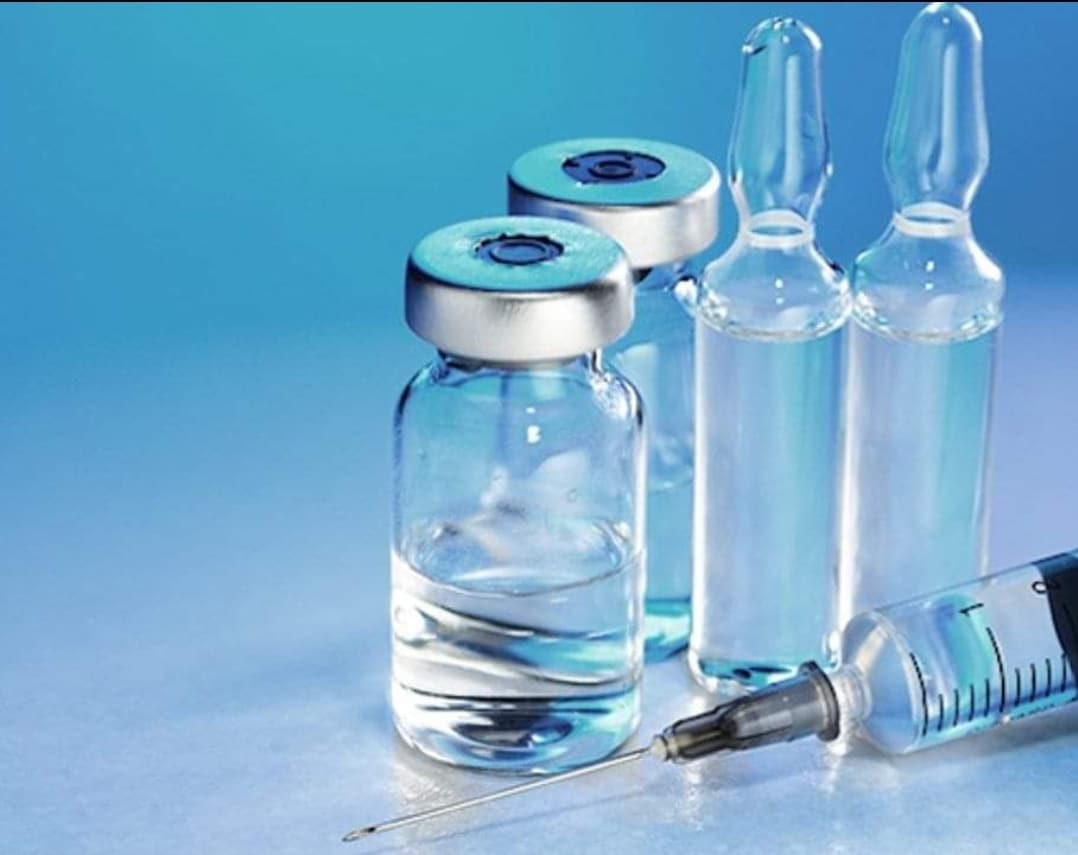USP Oligonucleotide Assay Testing in Parenterals
The USP Oligonucleotide Assay is a specialized testing method used to quantify and identify oligonucleotides, particularly those of synthetic origin, within parenteral products. This service ensures the safety and quality of injectable medications by detecting potentially harmful impurities that could compromise patient health.
Parenterals, including intravenous solutions, injections, and other sterile preparations, are critical for treating a wide range of medical conditions. However, their production can be susceptible to contamination with oligonucleotides derived from raw materials, manufacturing processes, or residual DNA from microorganisms used in biopharmaceuticals. These impurities can lead to immune responses, adverse reactions, and even life-threatening complications.
The USP 1726 monograph specifies the Oligonucleotide Assay as a means to monitor these contaminants. The assay involves extracting oligonucleotides from the parenteral product using advanced techniques such as solid-phase extraction or liquid-liquid partitioning, followed by quantification through high-performance liquid chromatography (HPLC) with UV detection.
The testing process is highly sensitive and precise, capable of detecting even trace amounts of oligonucleotides. This ensures that the final product meets stringent quality standards set forth by regulatory bodies like the USP, FDA, EMA, and other national drug authorities.
Our laboratory uses state-of-the-art equipment, including advanced HPLC systems equipped with diode array detectors for accurate quantification. The method is validated according to international standards such as ISO/IEC 17025:2017, ensuring reliability and traceability of results.
The significance of this test cannot be overstated in the pharmaceutical industry. By identifying and controlling oligonucleotide levels, manufacturers can significantly reduce the risk of adverse events associated with these impurities. This not only enhances patient safety but also upholds the reputation of the company and the integrity of its products.
- Customer Impact: Ensures compliance with regulatory requirements, reduces product recalls, and maintains brand reputation.
- Safety: Protects patients from potential immune responses and adverse reactions.
- Quality Control: Guarantees consistent product quality across batches and production runs.
- Compliance: Meets international standards set by the USP, FDA, EMA, and other regulatory bodies.
In summary, our USP Oligonucleotide Assay Testing in Parenterals service plays a crucial role in safeguarding public health and ensuring that pharmaceutical products are safe and effective. By leveraging advanced technology and rigorous testing protocols, we provide clients with reliable data to support their quality assurance programs.
Why It Matters
The importance of oligonucleotide assay testing cannot be overstated in the context of parenteral products. These tests are essential for ensuring that pharmaceutical products meet strict regulatory standards and do not contain harmful impurities that could cause adverse reactions or compromise patient safety.
Oligonucleotides, particularly those derived from synthetic sources, can accumulate during drug manufacturing processes. These contaminants may include DNA fragments, RNA, and other nucleic acid derivatives that are not intended components of the final product. The presence of these impurities can lead to immune responses or even severe allergic reactions in patients.
The USP Oligonucleotide Assay is designed to detect such impurities at very low levels, ensuring that the parenteral product remains safe and effective for its intended use. This testing method is particularly critical for biopharmaceuticals, which often rely on recombinant DNA technology to produce therapeutic proteins.
By incorporating oligonucleotide assay testing into their quality control processes, pharmaceutical manufacturers can demonstrate compliance with regulatory requirements and enhance patient confidence in the safety of their products. Additionally, this testing helps prevent costly product recalls and maintains a positive brand reputation.
Applied Standards
The USP Oligonucleotide Assay is based on several international standards that ensure its accuracy, reliability, and compliance with regulatory requirements. The primary reference document for this test is USP 1726, which provides detailed protocols for the extraction and quantification of oligonucleotides in parenteral products.
Other relevant standards include:
- ISO/IEC 17025:2017 - This international standard ensures that testing laboratories meet specific quality requirements, providing confidence in the reliability and accuracy of test results.
- ASTM E3168-21 - Provides guidelines for validating oligonucleotide assay methods in pharmaceutical manufacturing environments.
- EMA Guideline on Contaminants in Biopharmaceutical Products - Offers recommendations for controlling and monitoring contaminants, including oligonucleotides, in biopharmaceutical products.
Our laboratory adheres strictly to these standards, ensuring that all test results are accurate, reproducible, and compliant with international regulatory requirements. By doing so, we provide clients with the highest level of confidence in our testing services.
Customer Impact and Satisfaction
The impact of USP Oligonucleotide Assay Testing on customer satisfaction is profound. This service directly contributes to enhancing product safety, regulatory compliance, and brand reputation. Here are some key points that highlight the significance:
- Safety Assurance: By detecting oligonucleotide impurities at trace levels, this testing ensures that parenteral products do not pose a risk of adverse reactions or immune responses.
- Regulatory Compliance: Clients can rest assured that their products meet stringent regulatory standards set by the USP, FDA, EMA, and other national drug authorities.
- Quality Control: The assay helps maintain consistent product quality across different batches and production runs, ensuring uniformity in performance and effectiveness.
- Cost Efficiency: Early detection of impurities through this testing method allows for timely corrective actions, avoiding costly recalls and reputational damage.
Our clients benefit from our comprehensive approach to quality assurance, which includes not only the USP Oligonucleotide Assay but also other relevant tests such as endotoxin assays and sterility testing. By leveraging these services, customers can achieve a higher level of product safety and reliability, ultimately leading to increased customer satisfaction.





